Dishwashers are an essential appliance in many homes, making our lives easier and saving us time. However, like any other appliance, dishwashers may encounter common problems that can be frustrating. This blog post will cover 7 common dishwasher problems and provide helpful tips to troubleshoot and repair your dishwasher. Remember, it’s a good idea to consult an appliance repair professional if you’re unsure about a repair or replacement.
1. Dishwasher Won’t Start
One of the most common dishwasher problems is when the dishwasher won’t start. If your dishwasher won’t turn on or start, try these steps:
- Check the power source: Make sure your dishwasher is plugged in and the circuit breaker hasn’t tripped.
- Inspect the door latch: A faulty door latch switch may prevent the dishwasher from starting. Examine the door latch and replace it if necessary.
- Test the water supply: The dishwasher needs water to operate. Check if the hot water supply stop valve is open, allowing water to flow.
2. Dishwasher Isn’t Draining
A dishwasher that won’t drain is another common problem. If your dishwasher isn’t draining and still has water inside, follow these steps:
- Clean the dishwasher drain: Remove any food debris or clogs from the bottom of the dishwasher and the drain hose.
- Examine the drain pump: A faulty drain pump may prevent proper drainage. If it’s broken, you’ll need to replace it.
- Check the float switch: The float switch signals the dishwasher to start draining. If it’s malfunctioning, the dishwasher may not drain.
3. Dishwasher Leaks
Leaking dishwashers can cause water damage to your home. If you have a leaking dishwasher, try these tips:
- Inspect the door gasket: A worn or damaged door gasket can cause dishwasher leaks. Replace it if necessary.
- Check the spray arm: A cracked or damaged spray arm may cause water to leak. Replace the spray arm if needed.
- Examine the water inlet valve and hose: If the water inlet valve or hose is loose or faulty, water may leak from the dishwasher. Tighten or replace them if needed.
4. Dishwasher Smells Bad
Dishwasher smells can be unpleasant and may indicate a buildup of food debris or bacteria. To fix this problem:
- Clean the dishwasher: Run a wash cycle using dishwasher cleaner and hot water.
- Remove food debris: Check the bottom of the dishwasher and the dishwasher drain for any leftover food debris and remove it.
- Keep the dishwasher door ajar: Allowing air to circulate inside the dishwasher will help prevent bad smells.
5. Dishwasher Isn’t Cleaning Dishes Properly
If your dishes are still dirty after a dishwasher cycle, consider these steps:
- Don’t overload the dishwasher: Overloading the dishwasher may prevent the spray arm from reaching all dishes. Leave enough space between dishes for water to flow.
- Check the spray arm: Ensure the spray arm is not clogged with food debris, and it’s spinning freely.
- Examine the detergent dispenser: Make sure the detergent dispenser is functioning properly and releasing the right amount of detergent.
6. Dishwasher Doesn’t Dry Dishes
A dishwasher that doesn’t dry dishes properly can be frustrating. To fix this issue, try the following:
- Check the heating element: A faulty heating element may prevent the dishwasher from drying dishes. Test it with a multimeter and replace it if necessary.
- Inspect the rinse aid dispenser: Make sure the rinse aid dispenser is functioning and filled with rinse aid.
- Open the dishwasher door: After the dishwasher cycle is complete, open the dishwasher door slightly to let steam escape and promote drying.
7. Dishwasher Runs for Too Long
A dishwasher that runs for an excessively long time may have a malfunction. To troubleshoot this problem:
- Inspect the thermostat: A faulty thermostat may cause the dishwasher to run longer than necessary. Test it with a multimeter and replace it if needed.
- Clean the dishwasher: A dirty dishwasher may take longer to clean dishes. Run a cycle using dishwasher cleaner to remove any build-up.
- Check the water temperature: The dishwasher typically needs hot water to clean dishes effectively. Make sure the water heater is set to the correct temperature.
Conclusion
Many common dishwasher problems can be fixed with simple troubleshooting and repairs. However, if you’ve tried these tips and your dishwasher is still not working correctly, it may be time to consult an appliance repair professional or consider purchasing a new dishwasher. Keep in mind the price of a new dishwasher and weigh your options before making a decision.
By understanding and addressing the 7 common dishwasher problems discussed in this blog post, you can help ensure your dishwasher works efficiently and continues to make your life easier.
Frequently Asked Questions (FAQ)
Q1: How often should I clean my dishwasher?
A1: It’s a good idea to clean your dishwasher at least once a month to prevent the buildup of food debris and maintain its efficiency. You can use a dishwasher cleaner or a mix of white vinegar and baking soda to clean the inside of the dishwasher.
Q2: What can I do if my dishwasher doesn’t fill with water?
A2: First, check the water supply and make sure the water supply stop valve is open. If the dishwasher still doesn’t fill with water, examine the water inlet valve and float switch for any signs of malfunction. Replace them if necessary.
Q3: How can I prevent my dishwasher from leaking?
A3: To prevent leaks, regularly inspect the door gasket, spray arm, and water inlet valve and hose for wear or damage. Replace them if needed. Also, avoid overloading the dishwasher, as this can cause water to spill out.
Q4: Can I use regular dish soap in my dishwasher?
A4: No, using regular dish soap in your dishwasher can cause excessive suds, leading to leaks and poor cleaning results. Always use dishwasher detergent specifically designed for dishwashers.
Q5: Why do my dishes come out cloudy or with a white residue after a dishwasher cycle?
A5: Cloudy dishes or white residue can be caused by hard water, which leaves mineral deposits on your dishes. To fix this problem, use a dishwasher rinse aid or a water softener to reduce the hardness of your water.
Q6: How do I know if it’s time to replace my dishwasher?
A6: If your dishwasher is more than 10 years old, frequently breaks down, or is no longer cleaning dishes effectively despite regular maintenance and repairs, it may be time to consider replacing it. Compare the cost of repairs to the price of a new dishwasher to make an informed decision.
Q7: How can I save energy while using my dishwasher?
A7: To save energy, only run your dishwasher when it’s full, use the eco-friendly or energy-saving cycle, and avoid using the heated dry setting. Additionally, ensure your dishwasher is well-maintained and clean to improve its efficiency.


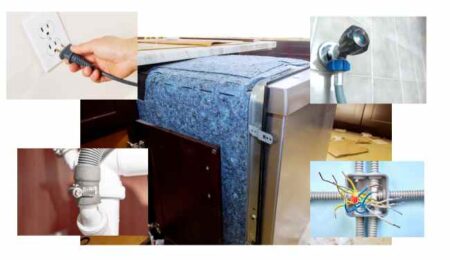
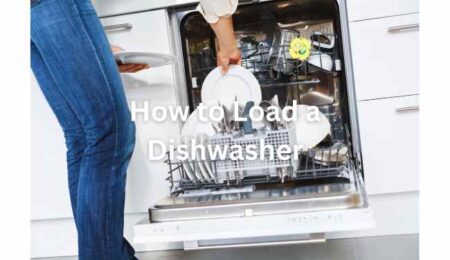

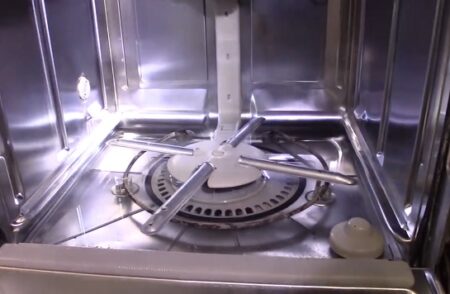

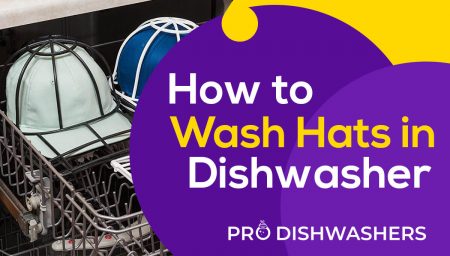
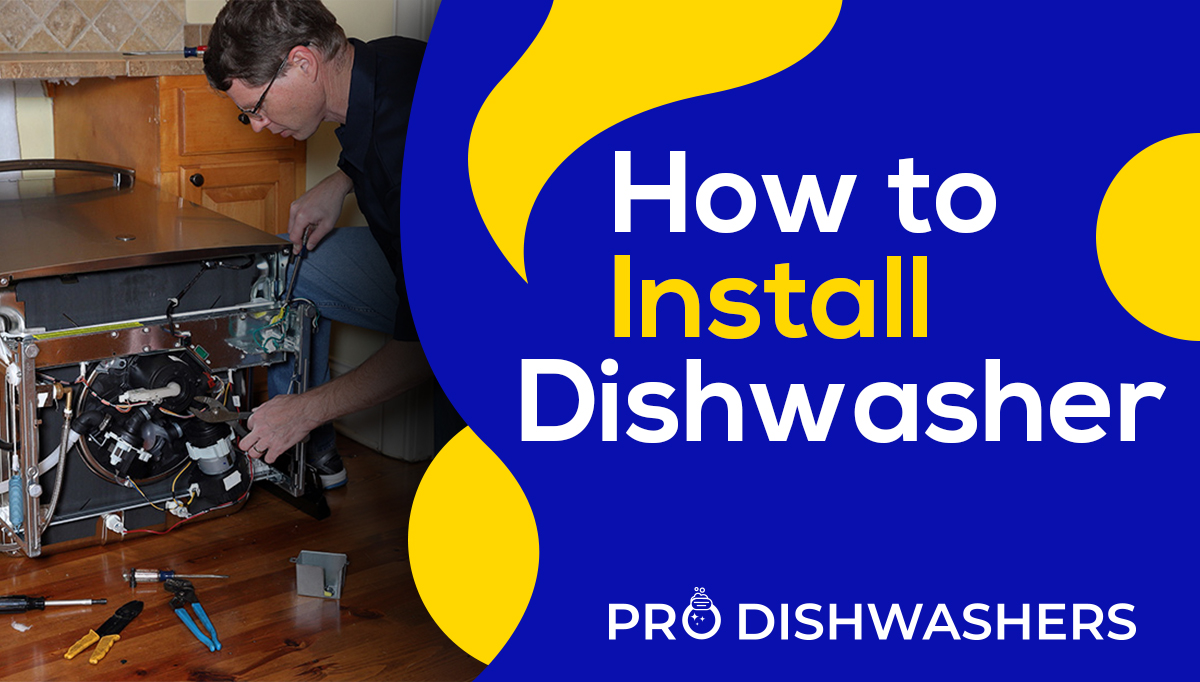
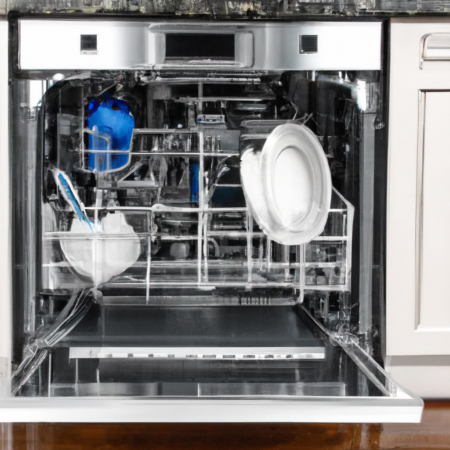
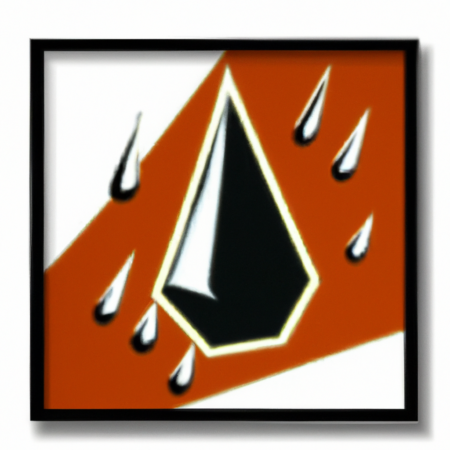
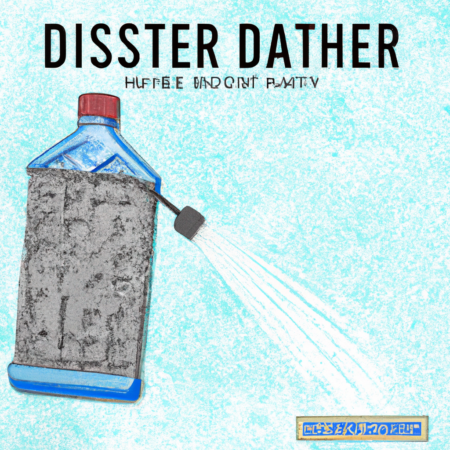

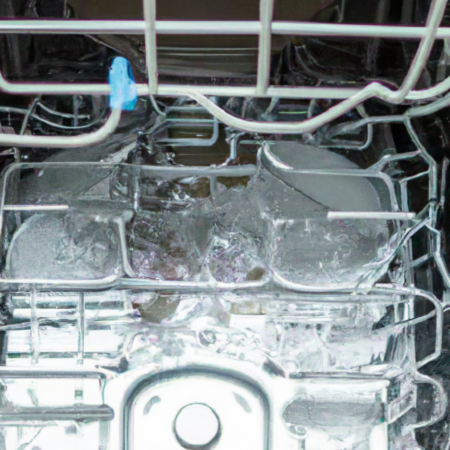
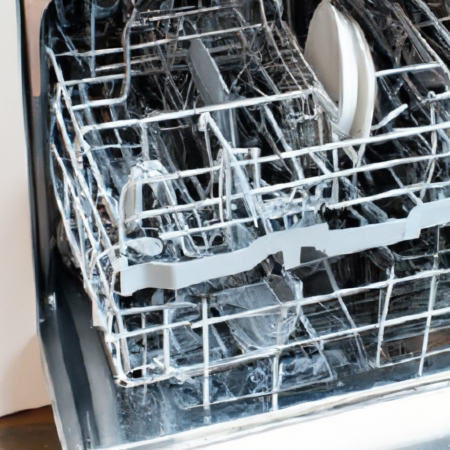
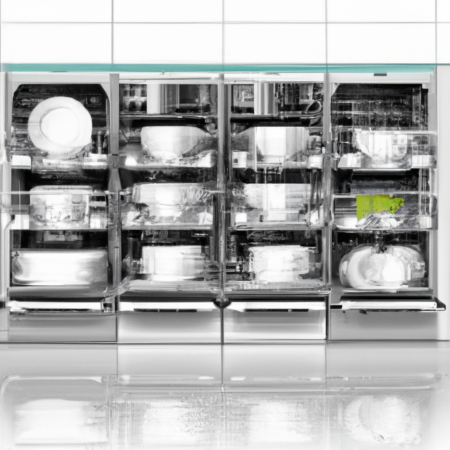
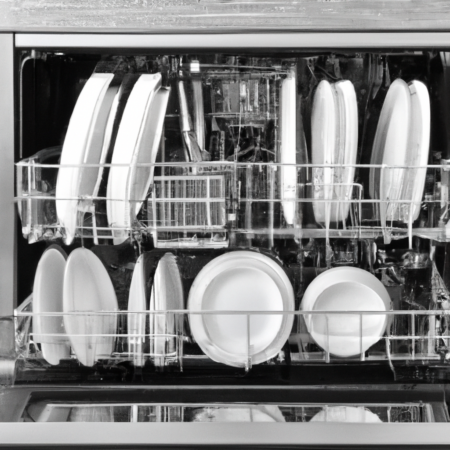
Leave a Reply